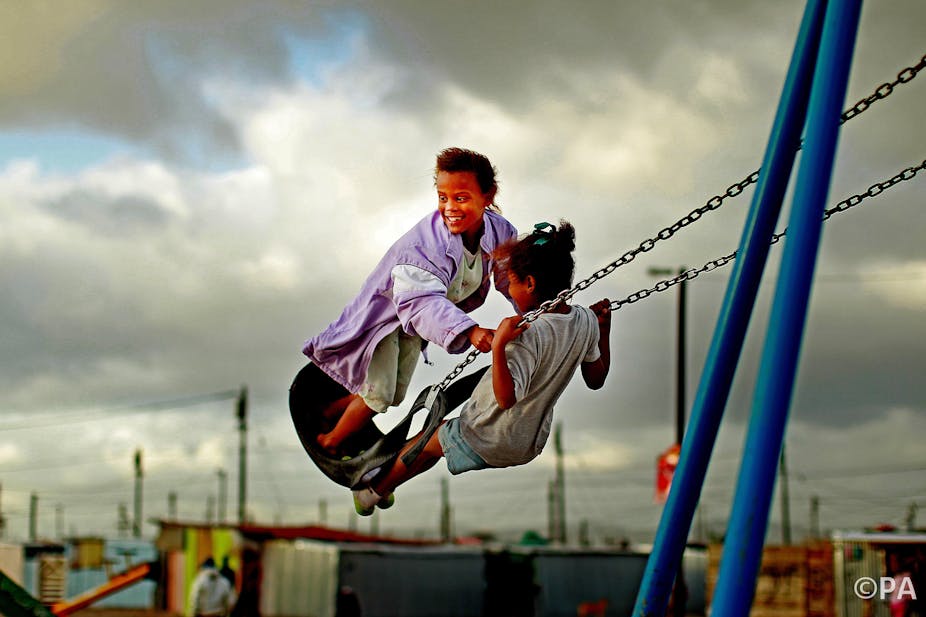South Africa is not the most comfortable country to live in. Unemployment levels dwarf those in the troubled economies of Europe. The unemployed survive because families redistribute income internally, through occasional and generally informal employment, and often by living off the proceeds of crime.
The very poor have risen in number despite 20 years of democratic rule. The rich elite flourish, often because of inherited privilege (the white population), because of their early access to higher education (the black elite) or as a consequence of an alarming rise in corruption (the kleptocratic, or thieving, elite). Violence is endemic, not just in the crime statistics, but often within families, in assaults on women and in everyday social contact.
Black empowerment policies have struck a chord with a formerly disadvantaged population. But often they were implemented too rapidly, leading to services becoming less efficient. Empowerment has also too often masked the pillaging of resources by the new elite in the name of redressing past inequities.
This is not the South Africa that we dreamed of at the transition to democracy in 1994. It is not the South Africa that Nelson Mandela envisioned when he strode out of prison in 1990. So, what went wrong?
The first thing to point out is that it did not go “all wrong”. In some respects, the new South Africa is not as bad as it seems. Despite poor delivery of policies, access to electricity, water and decent housing have improved for many. While the management of the economy has rightly been criticised for its failure to redress past inequities (merely adding a black elite to the formerly almost exclusively white privileged class), it did pursue macroeconomic policies which provided for stability.
However South Africa, blessed with gold, diamonds and many other minerals, singularly failed to take advantage of the recent commodity boom. Its growth has lagged behind that of many of its neighbouring African economies. Most damagingly, the rate and direction of current economic growth will do little to absorb the large number of unemployed.
South Africa does have a thriving civil society. Its population knows its rights, and is not scared to demand that they be satisfied. There is opposition to corruption, and signs that the kleptocratic elements in the ANC may lead it to pay a costly electoral price in next years elections.
It is often said that the real miracle of Mandela was that he made us believe that history does not count, as if we could wipe away the damage of decades of apartheid. But history does count.
The brutality of apartheid ingrained violence in the lives of much of South Africa’s population. The iniquitous system of migrant labour forced fathers to leave their families in the rural areas for 48 weeks a year to work on the mines which enriched the elite. This led to a breakdown in social skills and commonly accepted norms among the young, and sewed the seeds of omnipresent violence.
The outlawing of civilised political processes undermined the growth of a democratic culture which allows differences to flourish and to be tolerated.
And, finally, the failure of the apartheid system to invest in education and training meant that many of those who moved into highly skilled jobs after transition lacked the experience and skills required to perform their new roles efficiently.
Many of these historical legacies were evident in other African nations which had been decolonised after the 1960s. It took two generations before a highly competent, educated and hardworking generation emerged to challenge the corruption and incompetence of their forebears.
Today, South Africa faces these same challenges. But if countries elsewhere on the continent are managing to overcome the legacy of colonialism, then there is hope for the future.

